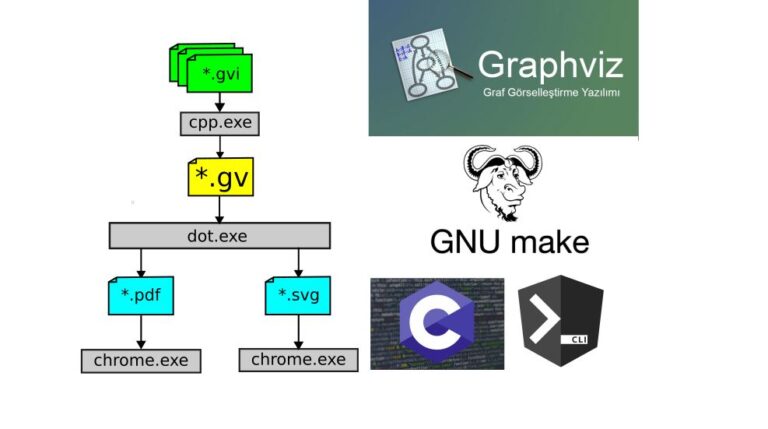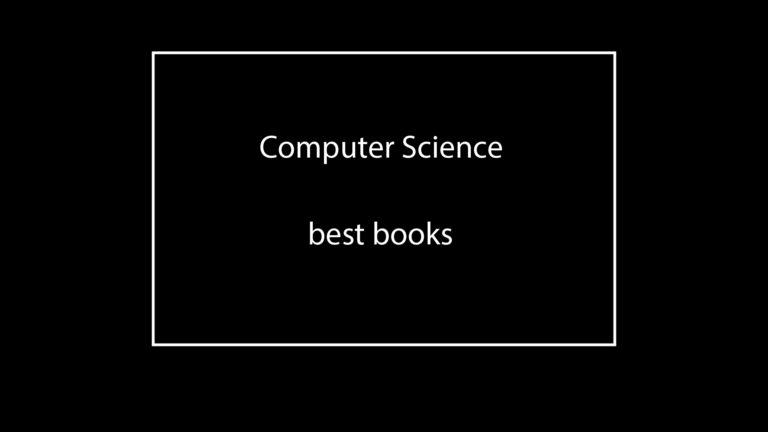conversation with Andrea Derler

With experience in management research, science and human capital consultancy, Andrea Derler brings her passion for human dynamics to organizations to spearhead our research.
 Andrea Derler is a researcher at heart, a woman in business, and a mother of two. She is also Visier’s new director of research and customer value. In this role, she will be responsible for retrieving information from our database of over 12 million anonymous employee records to be used in content reports, research results. Articles that tell the stories of the people behind the numbers.
Andrea Derler is a researcher at heart, a woman in business, and a mother of two. She is also Visier’s new director of research and customer value. In this role, she will be responsible for retrieving information from our database of over 12 million anonymous employee records to be used in content reports, research results. Articles that tell the stories of the people behind the numbers.
“I’m trying to answer the questions that HR and the business community are asking themselves about the value of HR analytics,” says Andrea. “For me, it means answering these questions in a business-oriented, clear and acceptable way so that they feel the urge to use such a solution. This narrative involves broader exploration and finding a data point to convey a message. “
Andrea’s backstory is entirely based on understanding complex ideas. She holds a PhD in Economics with a focus on leadership and organizations. Also, a master’s degree in philosophy, which taught her to think critically and look at the issue from all sides.
Because of this learning, every time she comes across data, she asks herself: where is it from? Who reported this? Could this be correct? Maybe this is wrong? This is the mentality that every data driven person should adopt. Andrea advises: dig deeper and not accept the first answer as correct.
After finishing her master’s degree, Andrea began working in sales, applying this mindset in her workplace. There she saw unhappy employees whose managers made them unproductive and did not want to go to work.
This made her question whether responsible people were the right fit for the job, which sparked her interest in leadership, which became the subject of her doctorate.
It always leads to leadership.
In her dissertation, Andrea wanted to understand the leader’s “ideal employee” or implicit follower theory, the character traits that describe them. In two studies she conducted – one with an American organization and one with Manpower Germany – she looked at how image managers use their ideal people. Andrea found that while managers spoke of the need for a creative person with strong opinions, they actually preferred someone who was reliable and productive.
“This difference between what managers say what they want and what they really want creates a complex dynamic when employees speak up because it doesn’t resonate with many managers.” She explains, “They don’t want anyone to fight their decisions.”
After completing her doctorate, Andrea led research teams at the Neuro Leadership Institute and the analyst firm formerly Bersin by Deloitte, Deloitte Consulting LLP. Her work has focused on leadership theory, strategy and leadership development, as well as talent and performance management, organizational change and transformation, organizational growth mindset, and data entry instructions (DEI) topics.
“For the past 10 years I’ve been trying to figure out who we are, people in organizations? What do we need in terms of managers, structures, processes? How does the organization work? Where can things go really well? Where can they really go wrong? What does HR have to do with it? ” explains Andrea.
“All of this creates an incredibly interesting dynamic because it’s very difficult. I don’t think we all know that. I think we are far from that. But that always leads to leadership. How do we define leadership? What does successful leadership look and feel like? “
When asked what defines a great leader, Andrea replies: “Leadership is a process between people. If I can influence you in a way that inspires you to do this work with me, that is leadership. ”
Use change with influence
After years of researching HR management, Andrea says she is pleased with the changes she has seen in this area.
One of these shifts is the increased use of technology, which has changed almost every aspect of our lives, including the way we work together.
While successful HR teams use tools like HR analytics to understand their workforce, others are still trying to implement the right technology.
“If the HR team doesn’t understand what employees need or what the business really needs, they won’t take action,” says Andrea. “They’re going to remain the administrative part of the business — resignations, exit interviews, and hiring, but that’s about it. They will never affect anything. “
Organizations need access to employee data to bring about real change in their business. When HR listens to their staff, they build trust with their employees. This allows HR to have an impact by making the programs they launch more successful. And these programs don’t serve the staff – they serve the business. Because of this, Andrea is optimistic about the future of HR analytics: “It helps business leaders make better decisions for business and people. There can be nothing wrong with that. “




